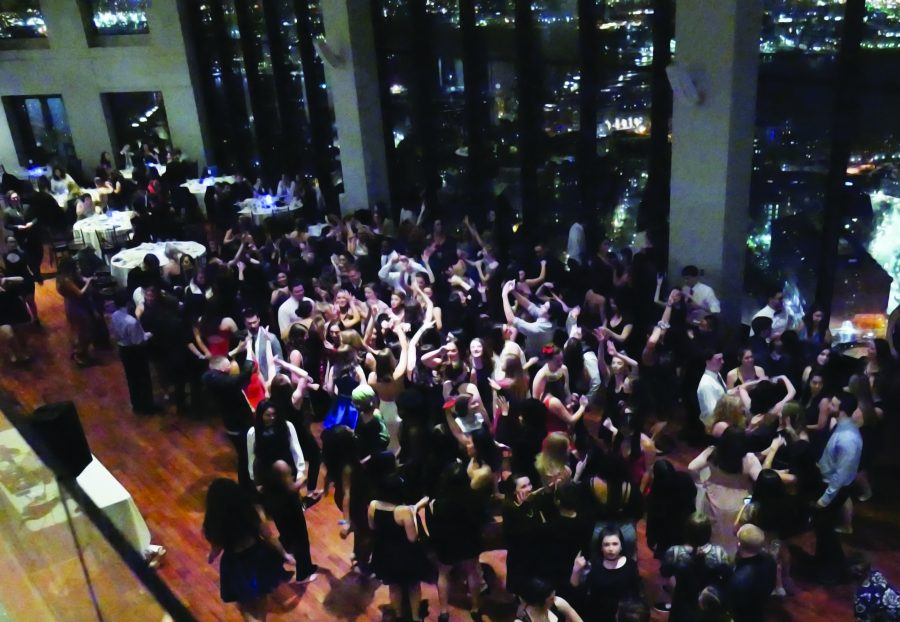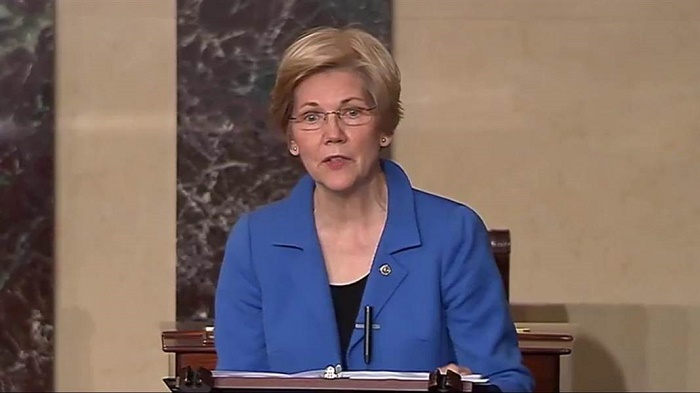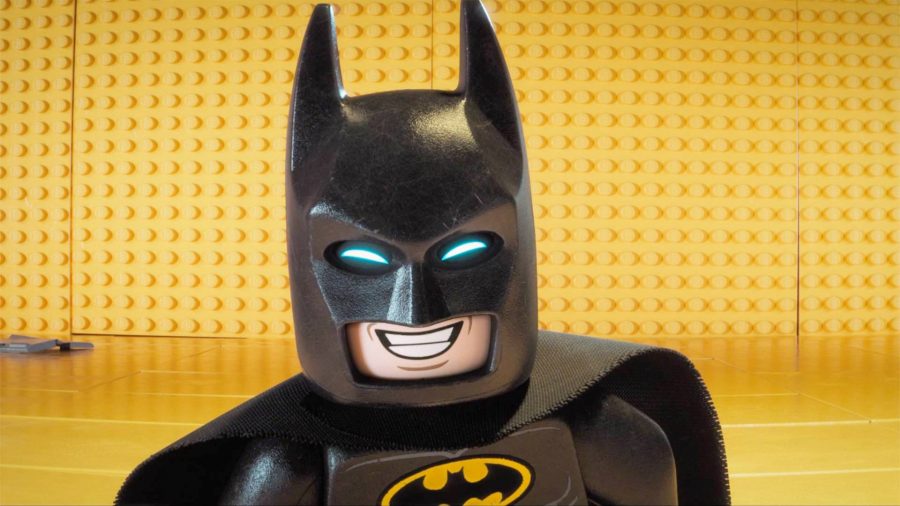By Kallie Gregg
Staff Writer
Over 160,000 protesters gathered in the city center of Barcelona, Spain, on Sunday afternoon to protest the lack of refugees admitted into the country by the Spanish government.

In 2015, Spain pledged to take in more than 17,000 refugees by the end of this year. As of this writing, approximately 1,100 migrants have been resettled in the country.
Barcelona’s mayor, Ada Colau, joined marchers on Via Laietana, one of the city’s major streets.
“It is very important that in a Europe of uncertainty where xenophobia is on the rise for Barcelona to be a capital of hope,” she said.
The march was organized by the group “Casa Nostra Casa Vostra” (Our Home is Your Home) who told local media that they estimated up to 300,000 total participants over the course of the day.
Organizers of the Barcelona march feel that the government has not lived up to the agreement they made and should redouble efforts to open its borders.
Germany, another country that promised to take in refugees, resettled approximately 1,170,000 asylum seekers in 2015 and 2016.
In Barcelona especially, protestors feel that more could be done in Spain, and they are ready to do so.
“There is an ample consensus in Catalonia to demand that the (government’s) commitments are upheld,” said Casa Nostra Casa Vostra co-founder Rubén Wagensberg. Carrying signs reading “Volem acollir” (We want to welcome them) and “They are not dangerous, they are in danger.”
Protestors marched from the center of the city to the coast of the Mediterranean Sea.
The march’s end location was a powerful statement in and of itself, as approximately 5,000 refugees drowned in the sea over the course of 2016.
“In Catalonia, everything is ready to welcome them,” one protester told the AFP.
Meera Zaroor, a teenage Syrian refugee currently living in Spain, urged Europe to open their hearts and their minds simultaneously, and to have empathy for those affected by the crisis.
“Think of us as a people, not as a crisis. We are not a crisis and didn’t come here to steal people’s houses or their jobs. We came here for a secure place because Syria is not a safe place,” she told Al Jazeera.
The march was one of several pro-refugee events held in Barcelona over the weekend.
The night before, over 50 international musicians and bands gathered in the Palau Sant Jordi, a major music venue, to host a benefit concert called the “Refugee Welcome Night.”
Luís Llach, the famous Catalan folk singer, came out of retirement to make an appearance and participate in the concert, alongside other artists such as Orozco & López and Pepe Habichuela.
Wagensberg was encouraged by the outpouring of support from citizens, companies, and celebrities alike.
“The response has been huge and not only from artists,” he said, “Many businesses and media have come out in support of the campaign.”














